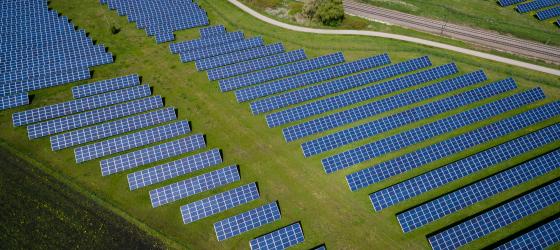The HERMES project will meet the following objectives:
1. Evaluate rSOCs Performance, basing on experimental and theoretical activities. A wide performance assessment campaign will be performed with a multidisciplinary approach: i) a multi-dimensional detailed CFD model ii) Thermodynamic off-design model iii) transient models, to comprehensively describe rSOC behavior. Experimental tests on button cells and short stack will deliver data for the modeling activities, Cyclic Operation will be optimized;
2. Develop additional component models. Several components will be modeled to evaluate the complete MES performance; specially focusing on electricity storage, heat storage, fuels storage and compression/expansion devices, chemical reactors (methanation).
3. Define the Optimal Layout for the advanced MES. An optimal layout will be defined taking into account: i)the different scenarios ii)variable demand on hourly basis iii) components off-design models; inorder to fulfill the demands;
4. Develop a Multilevel Control Algorithm. The supervisory control Algorithm for the optimal management if the MES will be developed to maximize the impact over chosen Key Performance Indicator as
reduction of fuel consumption, increase of profits and maximization of profits;
5. Implementation of an integrated cyber-physical pilot, an innovative physical/virtual hybrid approach which allow testing complex system with a reduced hardware cost and damage risk;
6. A Life Cycle Assessment (LCA) study of the proposed system, with also a technoeconomic evaluation of the MES will be performed evaluating environmental impact an cost of the proposed solution;
7. Exploitation of the results, after the cyber-physical proof of concept, project outcome can be used to design a scale up system to fully exploit HERMES results.
Moreover, HERMES project refers to mid-term (2030, reflecting also the SEN perspective) and long-term (2050, according to IEA forecasts) demand and different share of RES. The project is aligned with the
objectives identified by the EU: a transition path to low carbon technologies relying, among others, on the implementation of hydrogen-based solution, as supported by the Fuel Cell and Hydrogen Joint
Undertaking (FCH-JU).
This Project has received funding from the Italian Ministry of Education, Universities and Research, MIUR, as project of national interest, PRIN 2017F4S2L3
